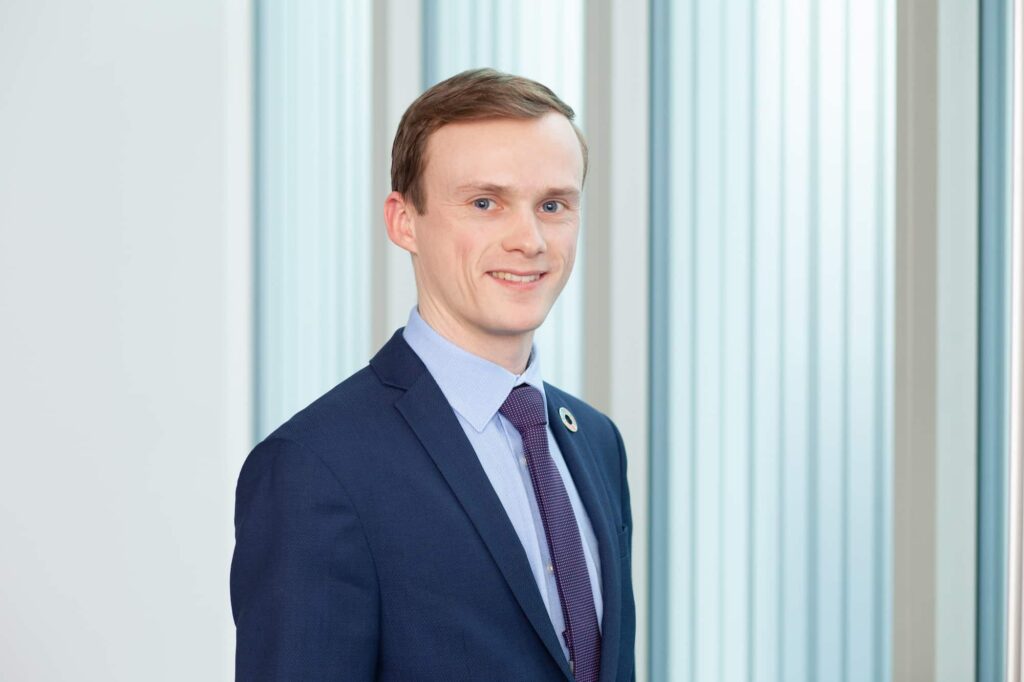
Luke Deamer | Group Sustainability Manager | Keller
Luke Deamer is the Group Sustainability Manager at Keller, a global company that builds foundations for buildings and infrastructure. His journey into sustainability has been both personal and professional, shaped by his background in geology, experiences on large-scale projects, and a deep concern for the environment and society. At Keller, Luke plays a key role in guiding sustainability efforts across the entire organization. When he first joined, he was the only person focusing on sustainability in a company of 10,000 people. At the same time, he was also pursuing a PhD that explored how construction companies could improve sustainability in every part of their work. At EliteX, we are proud to have Luke Deamer as part of the edition: 05 Influential Sustainability Leaders in 2025.
After completing his PhD, Luke took on the full-time role of Group Sustainability Manager. His responsibilities are wide-ranging and impactful. He works on everything from helping Keller develop long-term sustainability strategies to advising engineers on choosing low-carbon materials and efficient equipment for construction sites. His role extends beyond the company, too. He chairs the European trade association’s sustainability working group, where he leads the geotechnical sector in improving both environmental and social sustainability practices.
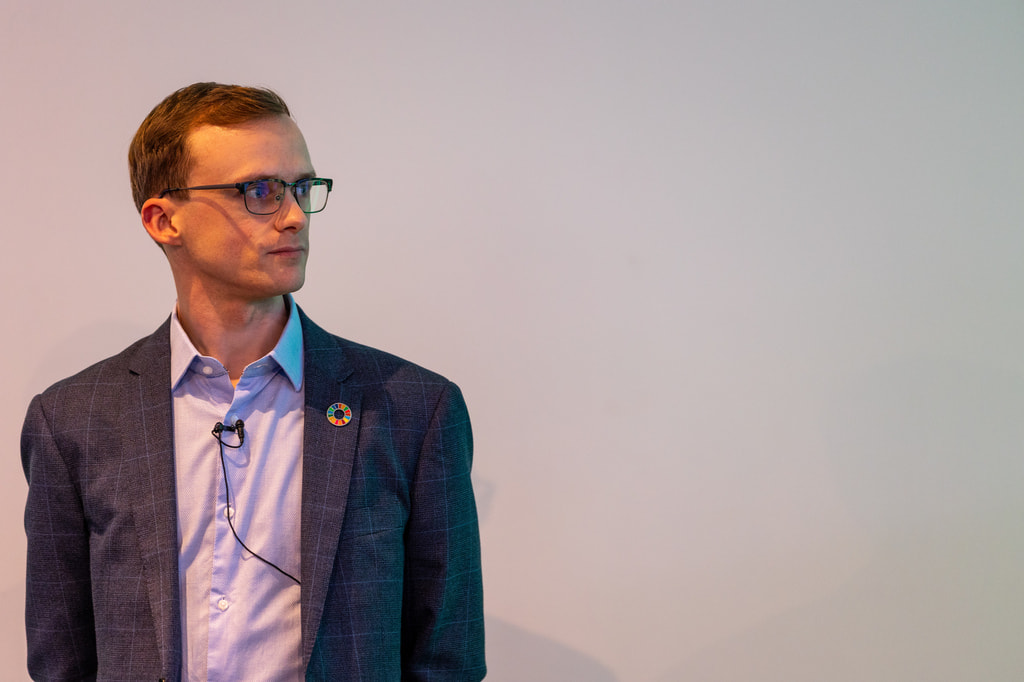
Luke’s interest in sustainability began while studying geology. During his course, he learned how to search for oil and minerals — a skill he jokingly refers to as “watching the world burn.” But that same education also opened his eyes to the science of climate change and its effects over millions of years. One experience that had a major impact on him was working as a geologist on the Panama Canal. There, he saw firsthand how climate change was affecting local communities, through both severe droughts and the growing threat of sea level rise. That experience helped him realize he wanted to use his geology background to support sustainability instead of harming the planet. When Keller later offered a chance to sponsor a sustainability PhD, Luke saw it as the perfect opportunity to blend his interests in geology, construction, and sustainability—and he hasn’t looked back since.
For Luke, sustainability means looking at the full picture. It’s not just about the environment—it also includes social and economic issues, like gender equality and nature preservation. But he also recognizes the challenge of dealing with so many topics at once. That’s why he believes the key is to focus on the areas where you and your organization can make the most impact. In his view, sustainability is not just about setting goals—it’s about taking real action. At its heart, sustainability is about trying to make the world a better place.
One of Luke’s proudest achievements is the work he’s done at the industry level. He helped negotiate a sustainability charter with the UK Federation of Piling Specialists, which included 22 member companies. Under this charter, all companies committed to shared sustainability goals and net-zero targets. What makes it truly meaningful is that the commitments are binding and include third-party audits and regular carbon reporting. Luke didn’t stop there—he has also worked hard to help other companies meet their goals. Many smaller companies in the sector don’t have a sustainability team at all, so Luke has been running workshops and webinars, engaging suppliers, and sharing best practices to help raise the whole industry’s standards.
Of course, sustainability work comes with challenges. In his research, Luke found that the biggest barrier in most organizations isn’t government rules or customer demand—it’s simply that people are too busy. Most employees are focused on their daily tasks and don’t have time to think about sustainability. That’s why one of the most important things a sustainability leader can do is show people how they can make a difference in their own roles. Making sustainability feel relevant and achievable is key to creating change.
When progress feels slow, Luke stays motivated by connecting with other people in the sustainability field. Having a good peer network helps him stay focused on the bigger picture. Sharing both the small victories and the setbacks with others who understand the challenges makes it easier to keep going. He believes that, despite changes in politics or business leadership, sustainability will remain a long-term priority, and that gives him hope.
Luke believes that governments have a critical role in creating the right conditions for businesses to act sustainably. While regulations can enforce minimum standards, the real value comes from governments creating clear rules and timelines. For example, setting deadlines for switching to electric vehicles or requiring sustainable practices in public infrastructure projects helps create market demand. These measures push all companies to move in the right direction together, instead of waiting for one to lead.
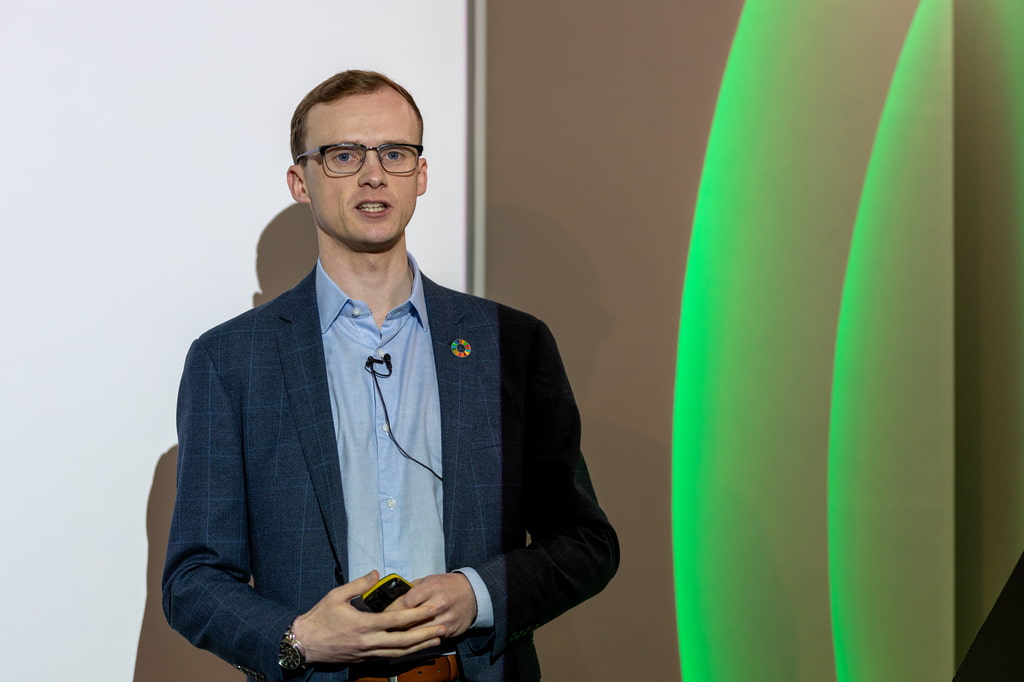
He’s also clear-eyed about the role of technology. While new innovations can help, Luke warns against thinking that one big invention will suddenly fix all our sustainability problems. In reality, many helpful technologies—like solar-powered equipment and low-carbon materials—already exist. They are becoming more affordable and reliable over time. Rather than waiting for the next breakthrough, Luke believes we should start using the solutions we already have.
The most urgent environmental issue, in Luke’s view, is climate change. It’s not just a future problem—it’s already disrupting construction projects through extreme weather events like storms, wildfires, and floods. That’s why our response must go beyond just cutting carbon. We also need to focus on building resilience and adapting to a changing climate. Alongside climate change, biodiversity loss is another major issue. Luke explains this using the “windscreen bug effect”—many people have noticed that they no longer see as many insects on their car windshields. This small change reflects a much larger disruption to the food chain, which will eventually affect agriculture, water systems, and human health. Issues like pesticide-resistant weeds and plastic in our food are signs that this problem is already growing.
In terms of leadership, Luke believes that a true sustainability leader is someone who uplifts others. Because sustainability teams are often small, their success depends on getting the rest of the organization involved. A good leader knows how to build relationships, collaborate across departments, and motivate people at every level. While technical skills and management abilities are important, what really makes a difference is the ability to encourage and support others to be part of the change.
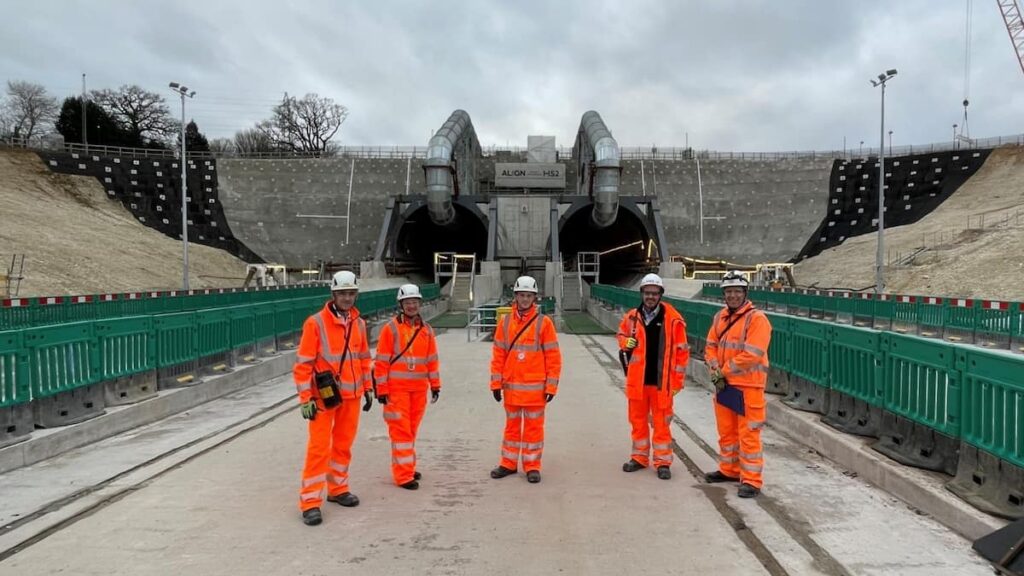
Including local communities and underrepresented groups is another priority in Luke’s work. His research has always included both environmental and social aspects of sustainability. He has studied every part of the business—from HR and IT to construction and procurement—to understand how each area can become more inclusive and equitable. As part of the “Keller Women In Construction” group, Luke and his colleagues have created mentoring programs, organized educational events, and hosted discussions on topics like menopause, mental health, and fair hiring practices. While Keller also supports charities and community projects, Luke believes the biggest positive impact can start within the company’s own workforce.
For young people who want to work in sustainability, Luke offers two main pieces of advice. First, figure out which sector you want to work in. Sustainability looks different in construction than it does in food, fashion, or finance. Doing internships or short placements can help you find where your passion lies and how you can make a real impact. Second, keep learning. Whether you take a full course in sustainability or just a short workshop, it’s important to understand the basics—like the difference between reporting standards and regulatory requirements. This knowledge will help you speak the same language as others in the field and bring informed ideas to the table.
When it comes to balancing ambition with reality, Luke says that being practical is part of the job. Sustainability professionals often have to make the case for their projects again and again, especially when budgets are tight. But staying connected to the larger mission—creating a better, safer future—helps keep that ambition alive, even when compromises are necessary.
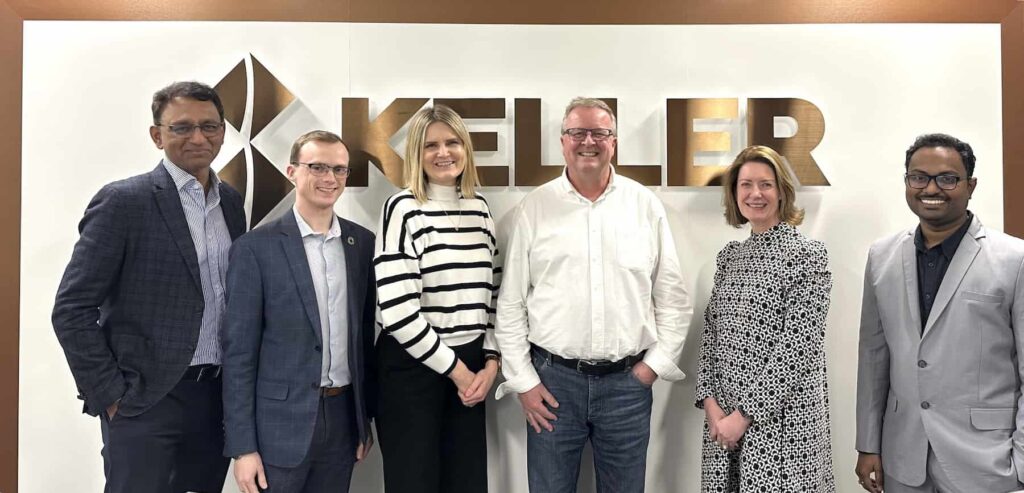
Looking ahead, Luke hopes that in the next 10 years, sustainability becomes a normal part of doing business. While it may not be perfect, he wants to see current regulations lead to real improvements and greater collaboration across industries. He believes that even if political support comes and goes, the physical realities of climate change will continue to push society toward action. For Luke, there is always hope on the horizon—and he’s committed to helping shape a more sustainable future, one step at a time.